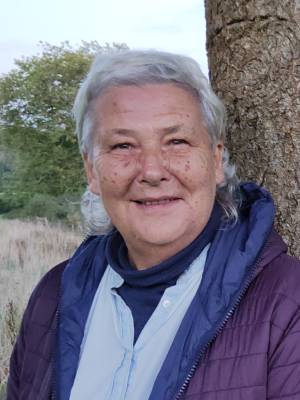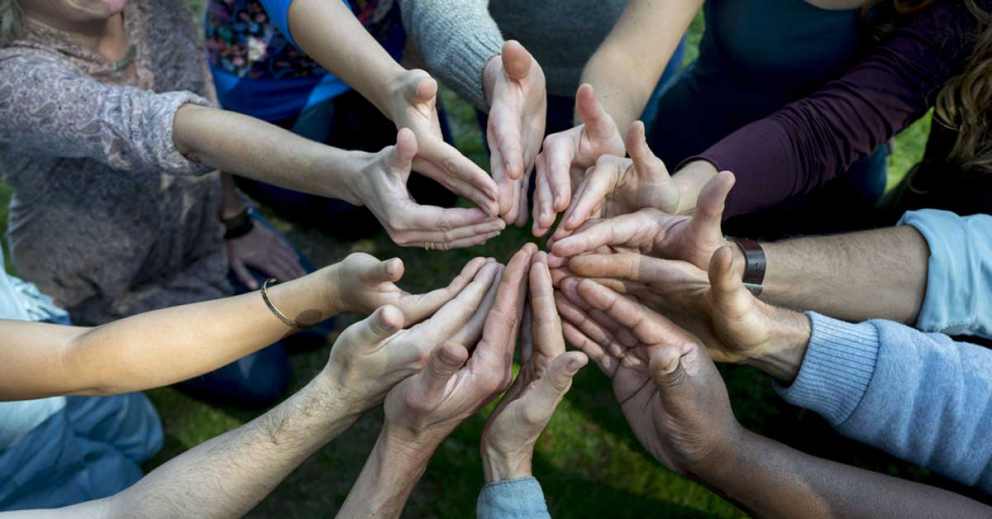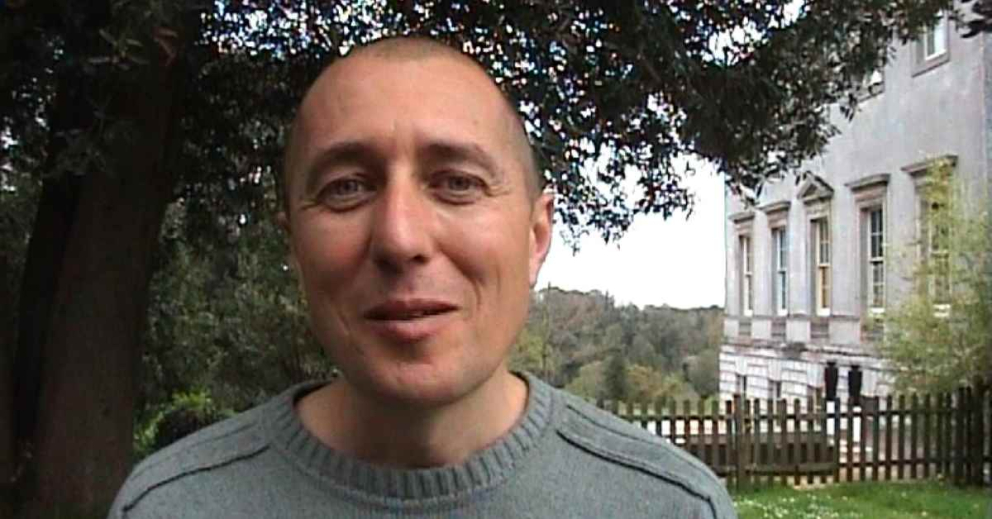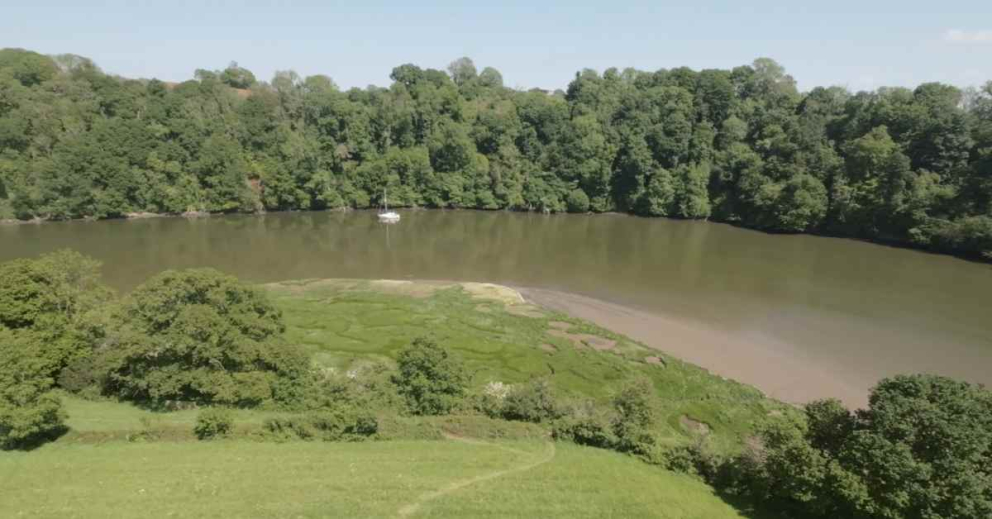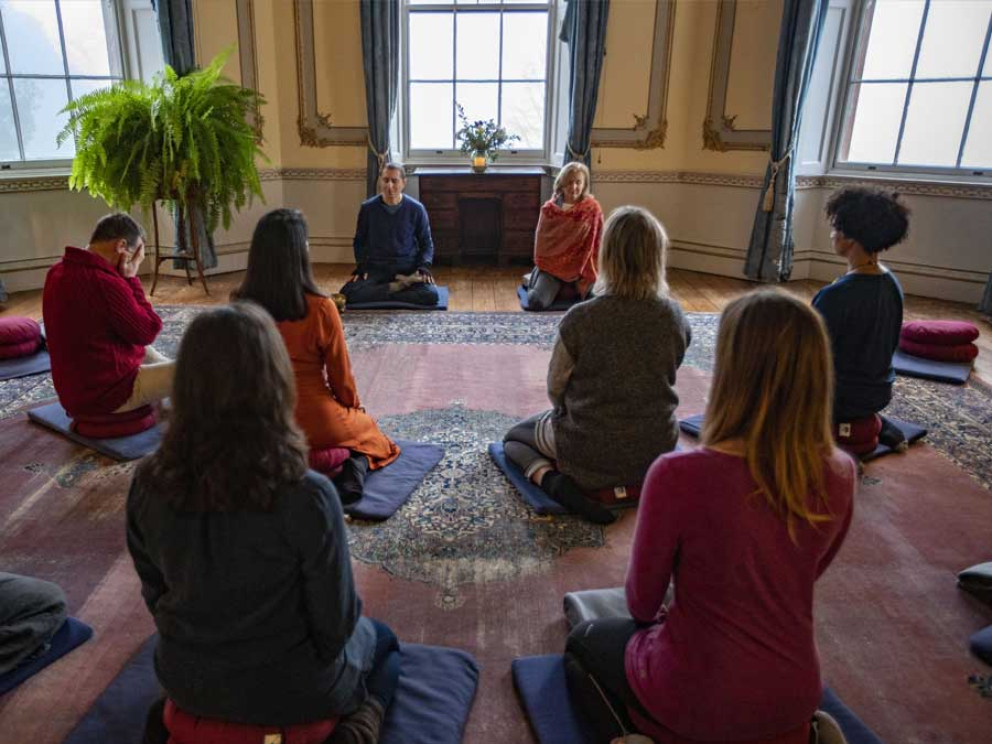Sharpham offers a place to rest our analytical minds for a while whilst attending to our actual lived experience in the present moment. In so doing, we begin to trust our own embodied experience as a guide to inspire different ways of being, doing and acting. By slowly transforming our minds we can act more mindfully and compassionately and create more sustainable worlds. This goes to the heart of Sharpham's vision:
To create a more mindful, compassionate and environmentally sustainable world
Bringing compassionate awareness to the habitual patterns of our minds can not only improve our own mental health but can also challenge cultures and structures in the outside world. Slowly, we can undermine unconscious habits, cultures and views that may foster discriminating, competitive and extractive behaviours.
Over the past year, we have been engaging in conversations with staff, teachers, facilitators and Trustees about the nature of the Sharpham pedagogy. By pedagogy I am referring to various practices in the programmes such as mindfulness and compassion, the value of silence, nature connection, living in community, learning through experience, and embodied movement. These conversations have revealed through multiple voices some truly distinctive characteristics of ‘how’ we do things.
